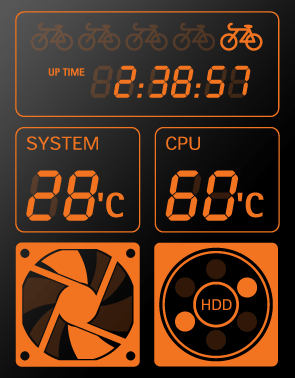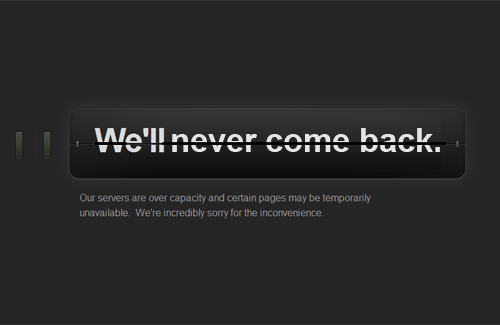We ask:
“Is uptime important to your business?“
You answer:
“Well, duh, of course, it is!“
- But how do you know your site or server is up?
- Do you monitor the sites?
- Do you monitor your server?
Monitoring your server is a critical task of being online, yet few do it.
Here are a few reasons why it’s crucial to proactively monitor your server resource and metrics too, besides website monitoring.
1. Solve problems before they happen
Manually checking every process on the server is a tedious task. DNS, databases, PHP, Apache, RAM, CPU, drive health – it all needs to be monitored.

To make things more complicated, server behavior differs from minute to minute.
For example, it uses high CPU during backup cycles, or due to traffic at certain times of the day.
Monitoring continually looks at the server 24/7, allowing you to spot potential persistent issues, or spot specific issues.
For example, it may hit 100% CPU at midnight for 5 minutes, and nobody can access the site. Or maybe it never gets below 90% of RAM used, meaning you need more.
Monitoring ensures there is no future failure.
2. Increased security, due to alerts and alarms
Wouldn’t you like to be notified there is a sudden traffic peak during off hours?
- Did you really want 20,000 visitors per second from China at 3 a.m.?
- Perhaps disk IOPS start to max out, due to a runaway log file?
- Maybe you simply ran out of RAM? (That 90% is now 100%.)
By setting alerts, you can notify yourself of strange behaviors on your server.
3. Reputation
If your website is not available at midnight, your business is an amateur scam that ran away with the customer’s money. Or at least, that’s the knee-jerk reaction that many people will have.

Your business’ image is 24/7, not 9-5 M-F and downtime harms your image.
It’s embarrassing when you get emails or phone calls that your site is down!
4. Reliability / stop assuming!
Too many people assume that they won’t ever need more RAM, a new SSD storage drive, etc. They have no idea what the status of their server is. And too many assume their sites are always online 24/7.

But no server can give you 100% uptime.
At very least, most require simple reboots during monthly updates, making the realistic max uptime 99.9%+.
- Do you know when those are?
- Do you know how long your web host or server is down?
Monitoring reveals all of this.
Monitoring services also provide a sense of security to you (and by extension your clients), as you’re never caught by surprise.
What Tools to Use to Monitor Your Server
There are many services out there.
- Some monitor sites
- Some monitor servers
- Some monitor both
- Some are free (and usually limited in scope) and some are not.
- Some are reliable, some are not.
We’re big fans of PRTG, Nagios, Zabbix, New Relic, and Observium.
But if you’re not too keen on doing the monitoring yourself, there’s another option!
Proactive Monitoring from EuroVPS!
We never want you to be down – certainly not for silly reasons like ‘out of disk space’ (no log rotation) or ‘not enough RAM’ (runaway process). That’s why we monitor all our customers your servers internals proactively under our new fully managed support plan.
Want to have your critical metrics added to our internal monitoring system?
Alert thresholds can be set to any specification within the limits of the monitoring system.
When a sensor triggers an alarm, we’ll look into it immediately.
Monitoring’s great, but having an entire team to help ensure you don’t miss an alarm is a life saver for many busy online businesses.




